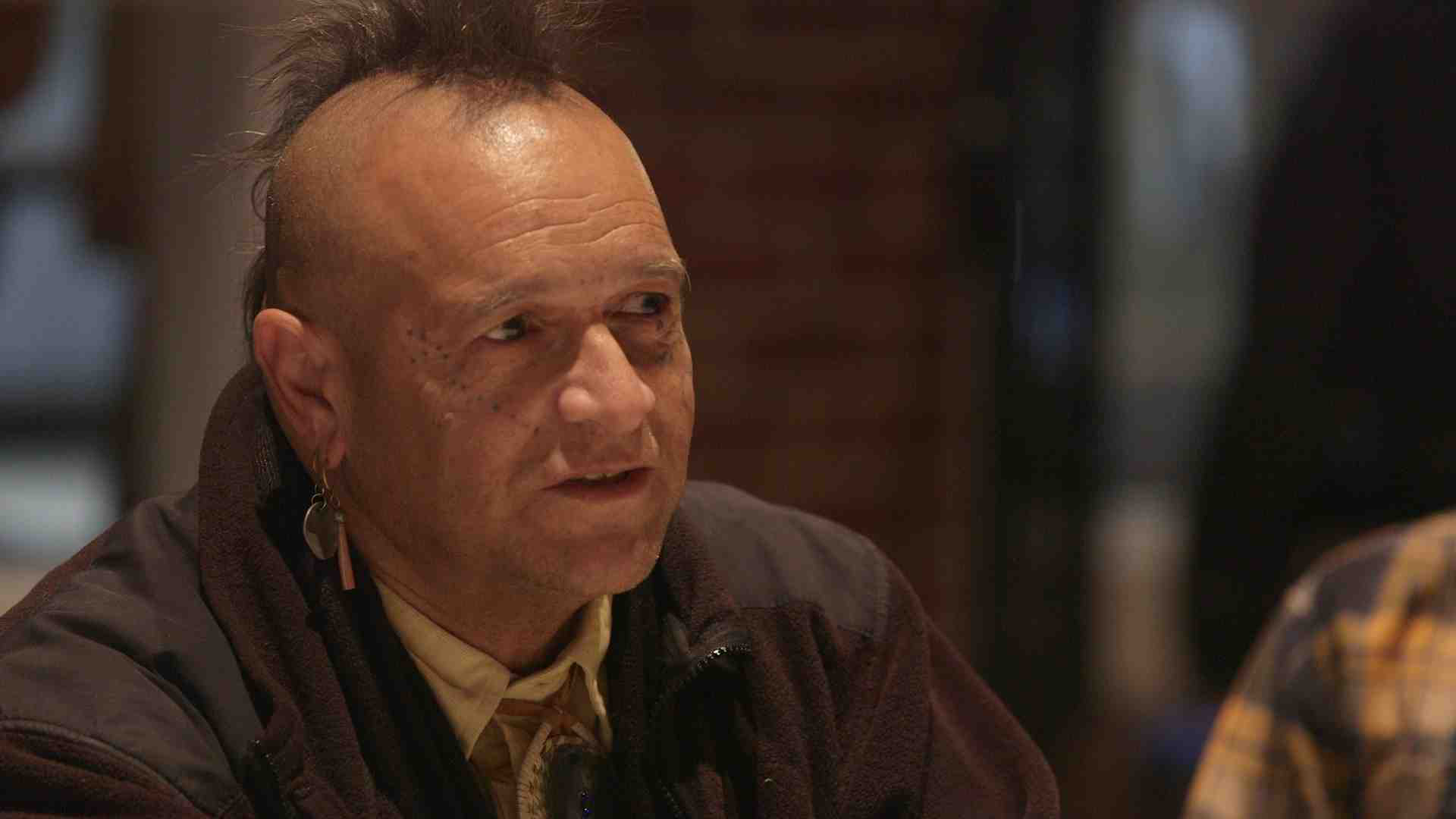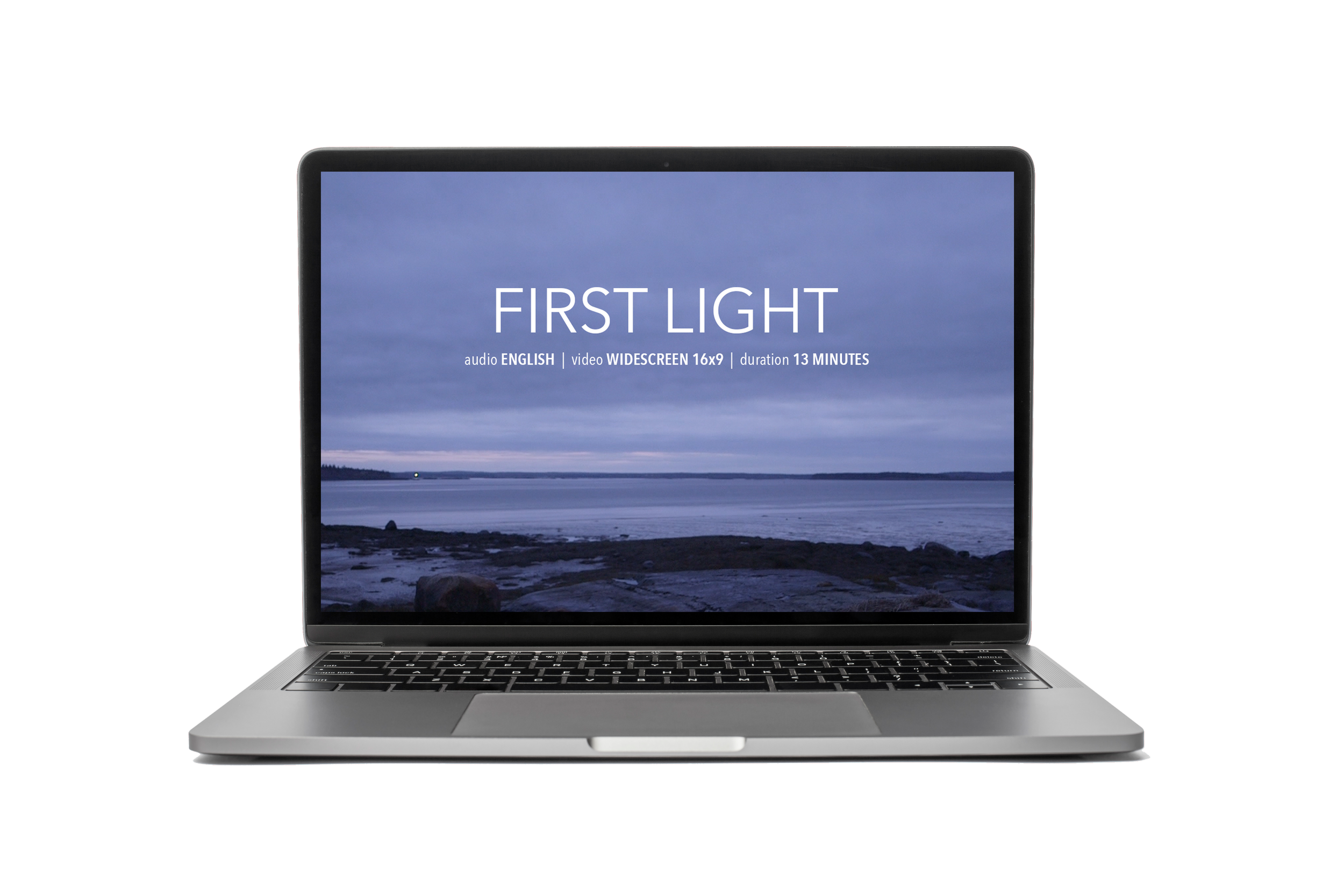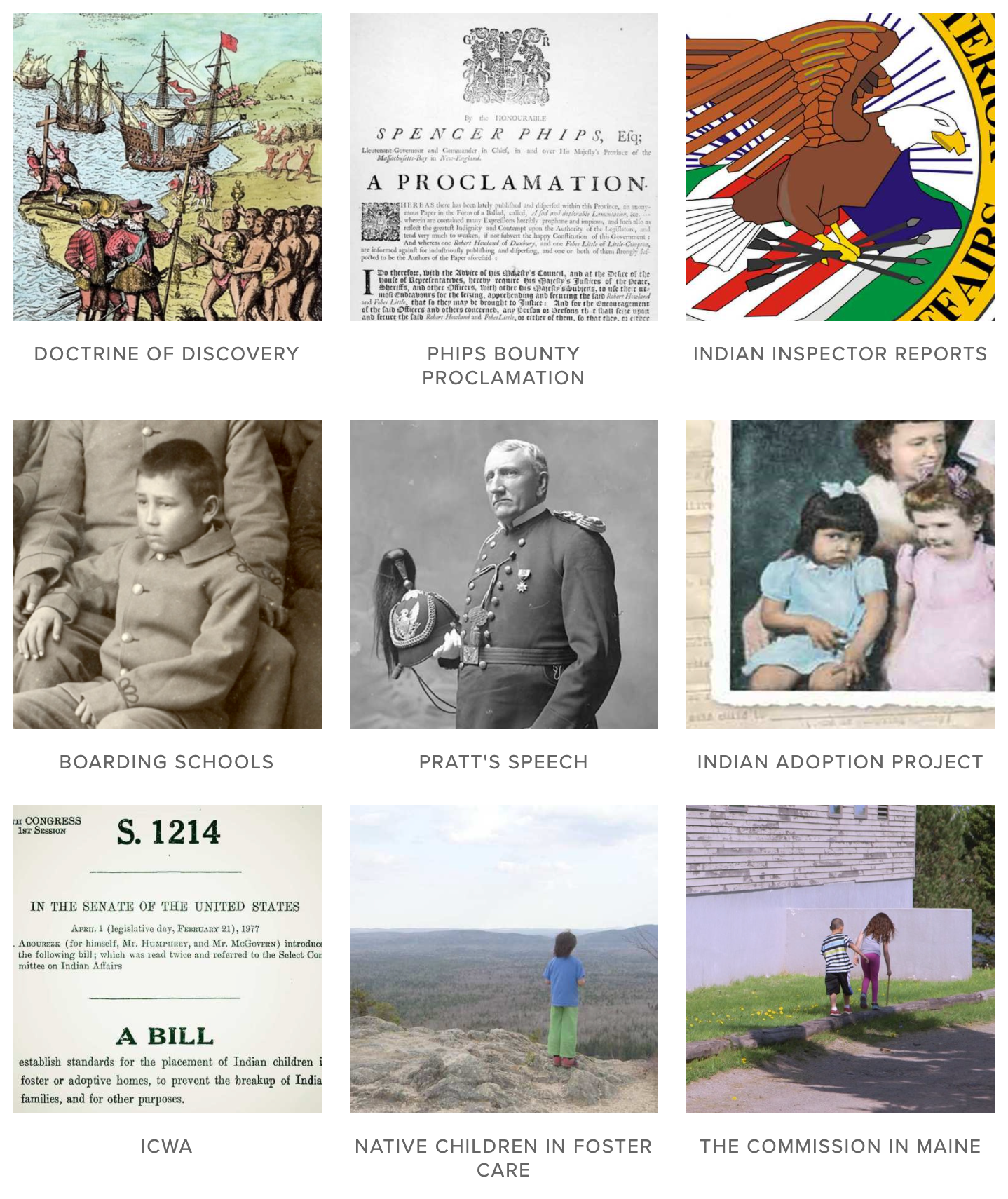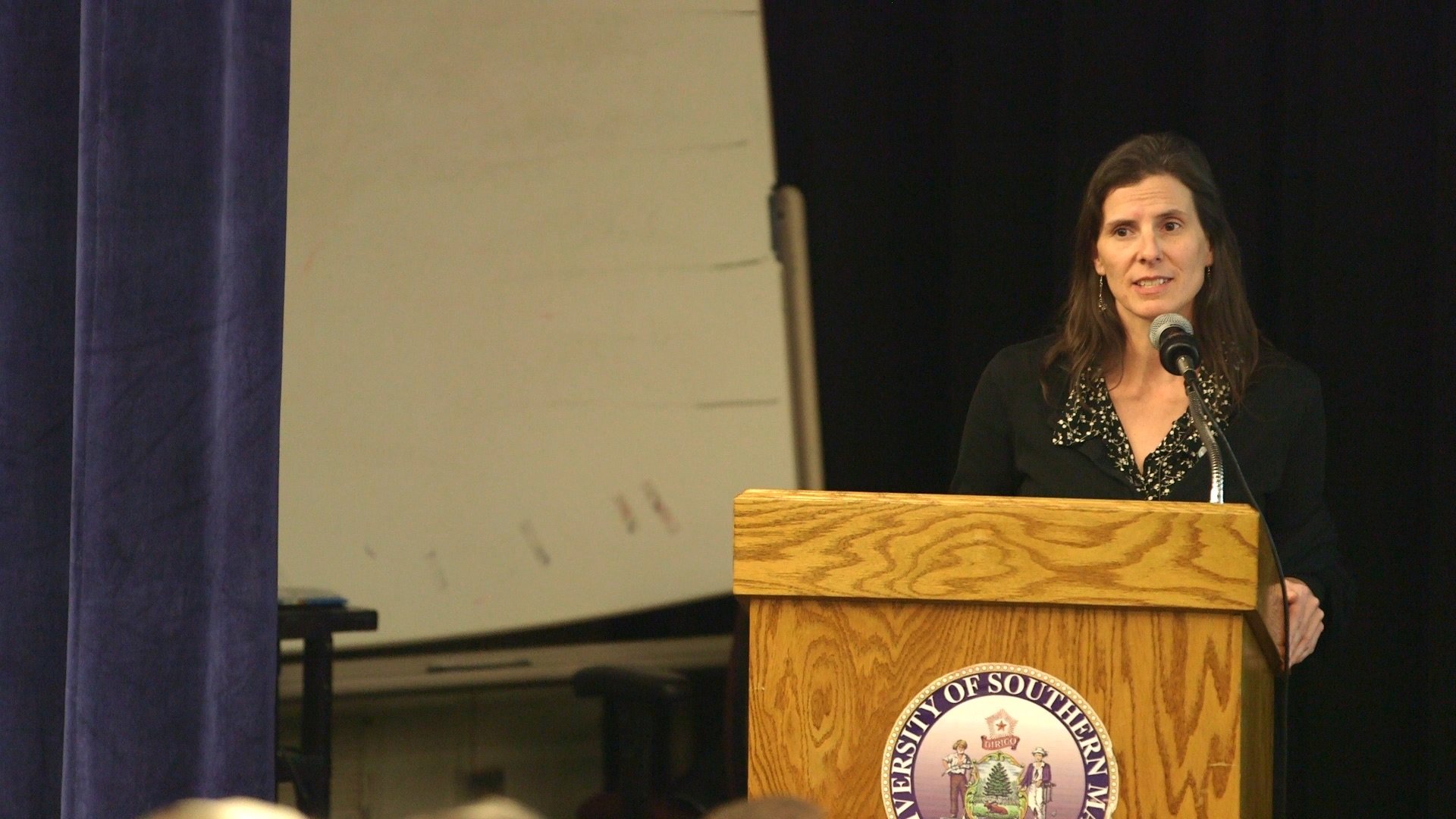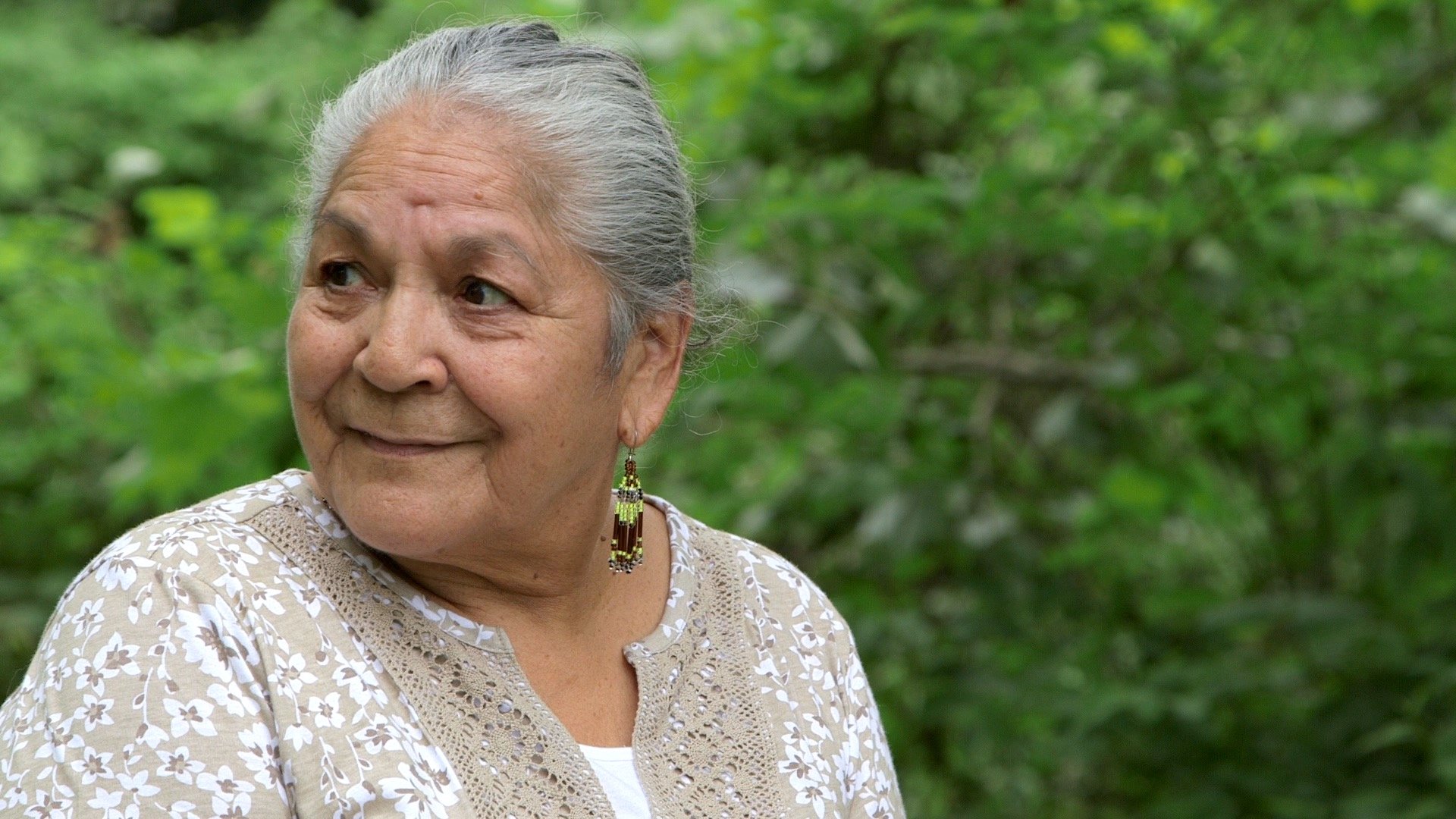First Light media kit
Media contact: media@upstanderproject.org
Screener
To receive a screener, email media@upstanderproject.org.
Film synopsis
“It’s not just about removing children, it’s dismantling every aspect of their being in the process.” — gkisedtanamoogk
For centuries, the United States government has taken Native American children away from their tribes and nations, devastating parents and denying children their traditions, culture, and identity. First Light, part of the Dawnland series, documents these practices from the 1800s to today and tells the story of an unprecedented experiment in truth-telling and healing for Wabanaki people and child welfare workers in Maine.
In 2015 the Maine Wabanaki-State Child Welfare Truth and Reconciliation Commission concluded that Native people in Maine continue to be targets of "cultural genocide." The commission is the topic of Upstander Project’s Emmy® award-winning documentary film, Dawnland, which aired on Independent Lens in 2018.
Praise for First Light
“First Light is a painful but hopeful film…. The close-up look at Maine gives this film its personal and poignant feel, but the film emphasizes this was a national phenomenon.”
“First Light expertly communicates the process of the Maine Wabanaki-State Child Welfare Truth and Reconciliation Commission and their role in helping acknowledge painful truths. Both the film and accompanying learning resources are outstanding educational tools for Maine’s teachers to consider using in their classrooms.”
First light learning resources
The learning resources for First Light connect teachers and students to primary source documents and discussion questions so they can deepen their understanding of both the brutal and disturbing history of settler colonialism that began with the invasion of Native peoples’ homeland, and government policies that aimed to force Native people to stop being who they are. These resources are central to Upstander Project's teacher workshops and classroom presentations.
first light filmmaking team
Directors: Adam Mazo and Ben Pender-Cudlip
Producers: Adam Mazo and N. Bruce Duthu (Houma)
Editors: Ben Pender-Cudlip and Kristen Salerno
Learning Director: Mishy Lesser, Ed.D.
Advisors: Chico Colvard, David Joseph, Dick Olsen, Donna Hicks, and Robert Koenig
Executive Producer: Beth Murphy
Music: Hawk Henries (Nimpuc)
Maine Wabanaki-State Child Welfare Truth And Reconciliation Commission background
The Maine Wabanaki-State Child Welfare Truth & Reconciliation Commission’s mandate was endorsed in February 2013. The governor of Maine and the five tribal chiefs signed as equals to authorize the Commission to investigate whether or not the removal of Wabanaki children from their communities has continued to be disproportionate to non-Native children and to make recommendations, as the Declaration of Intent exhorts us, that “promote individual, relational systemic and cultural reconciliation.” This Commission is the first in the United States in which two parties agreed to come together to pursue answers to difficult questions, and it is one of the first in the world to examine issues of Native child welfare. While our commission does not involve an entire country as did the process brought to prominence by Nelson Mandela in South Africa, it nonetheless marks a historic moment.
Adapted from the TRC website
First Light images for media use
Please credit courtesy of Upstander Project.
First Light music acknowledgment
We are grateful to Hawk Henries for providing much of the music for First Light. Hawk is a member of the Chaubunagungamaug band of Nipmuc, a people indigenous to what is now southern New England. He has been composing original flute music and making flutes using only hand tools and fire for over twenty 25 years. Hawk is committed to music as a traditional art form and as a vehicle for building bridges of communication and mutual respect.
Adapted from the Hawk Henries’ website
